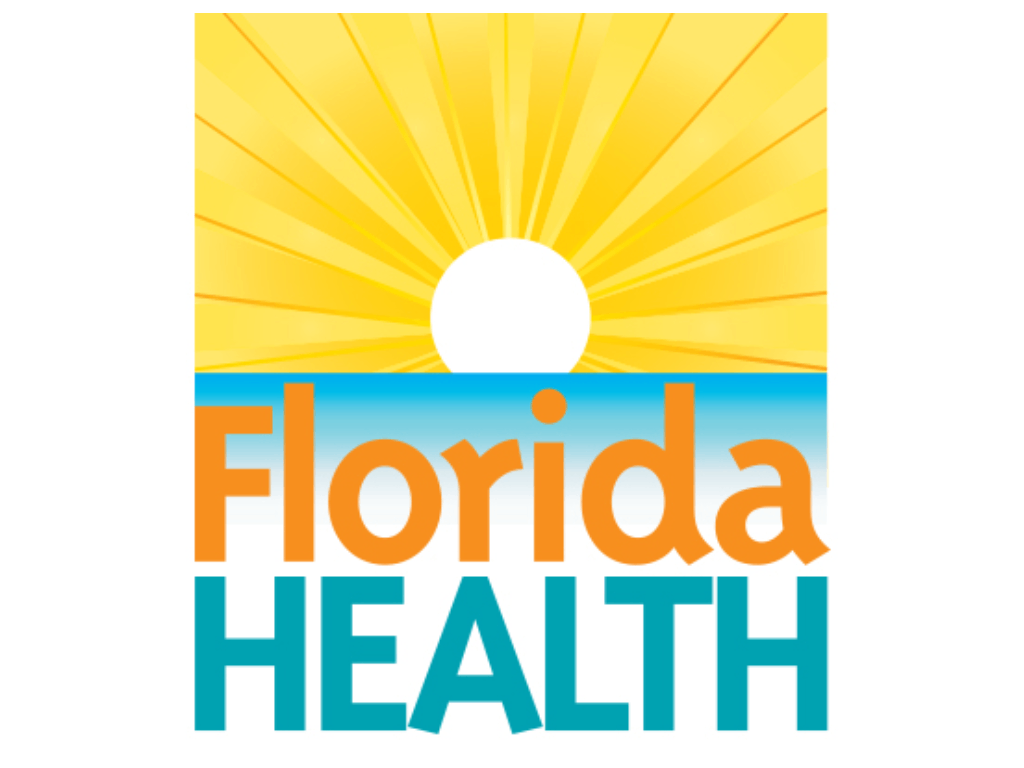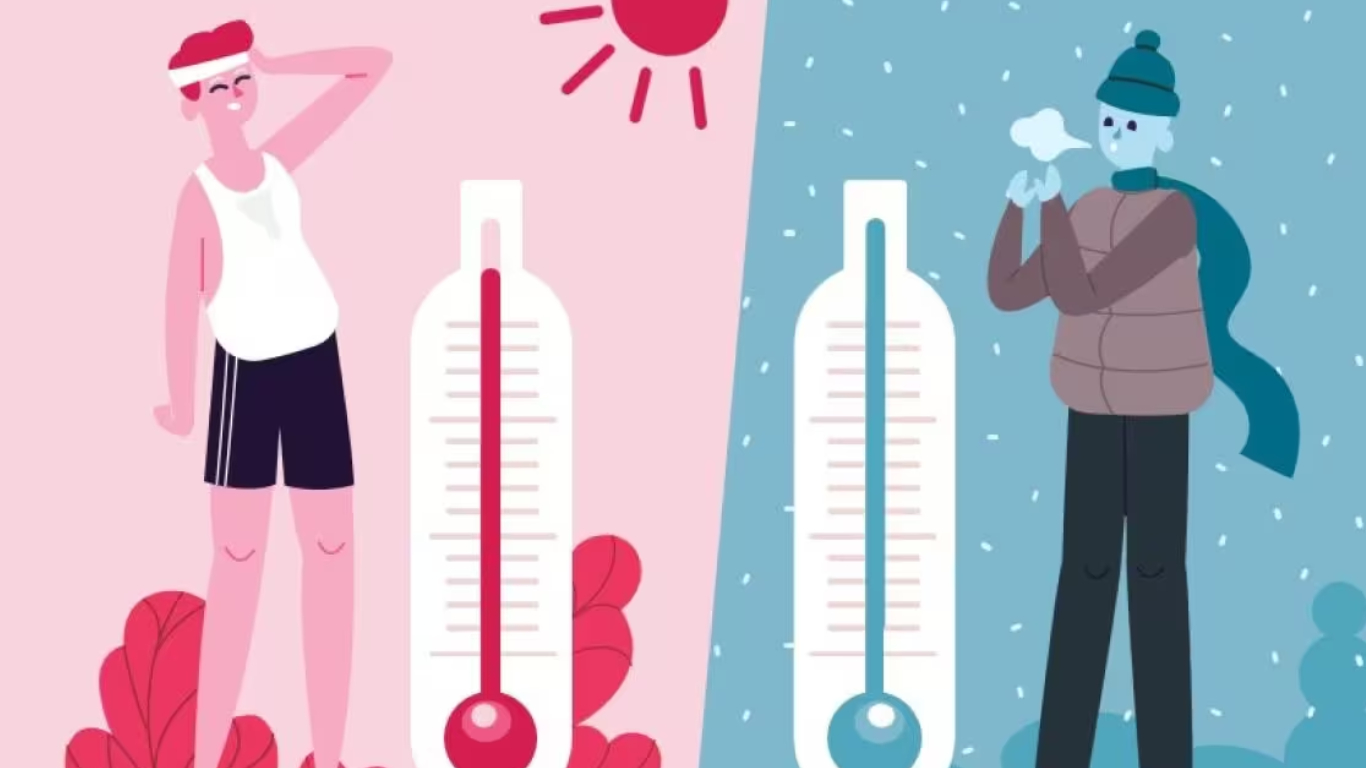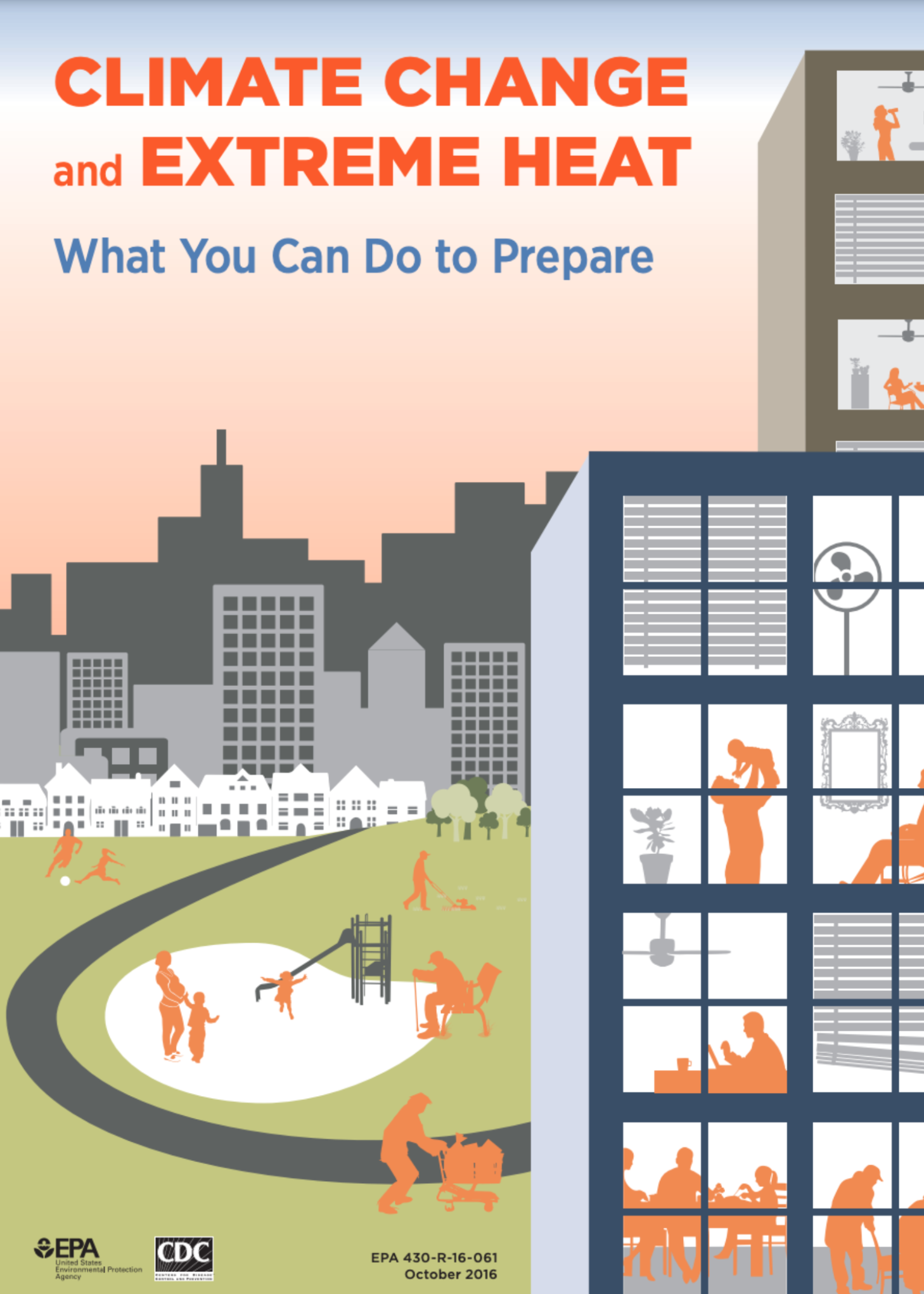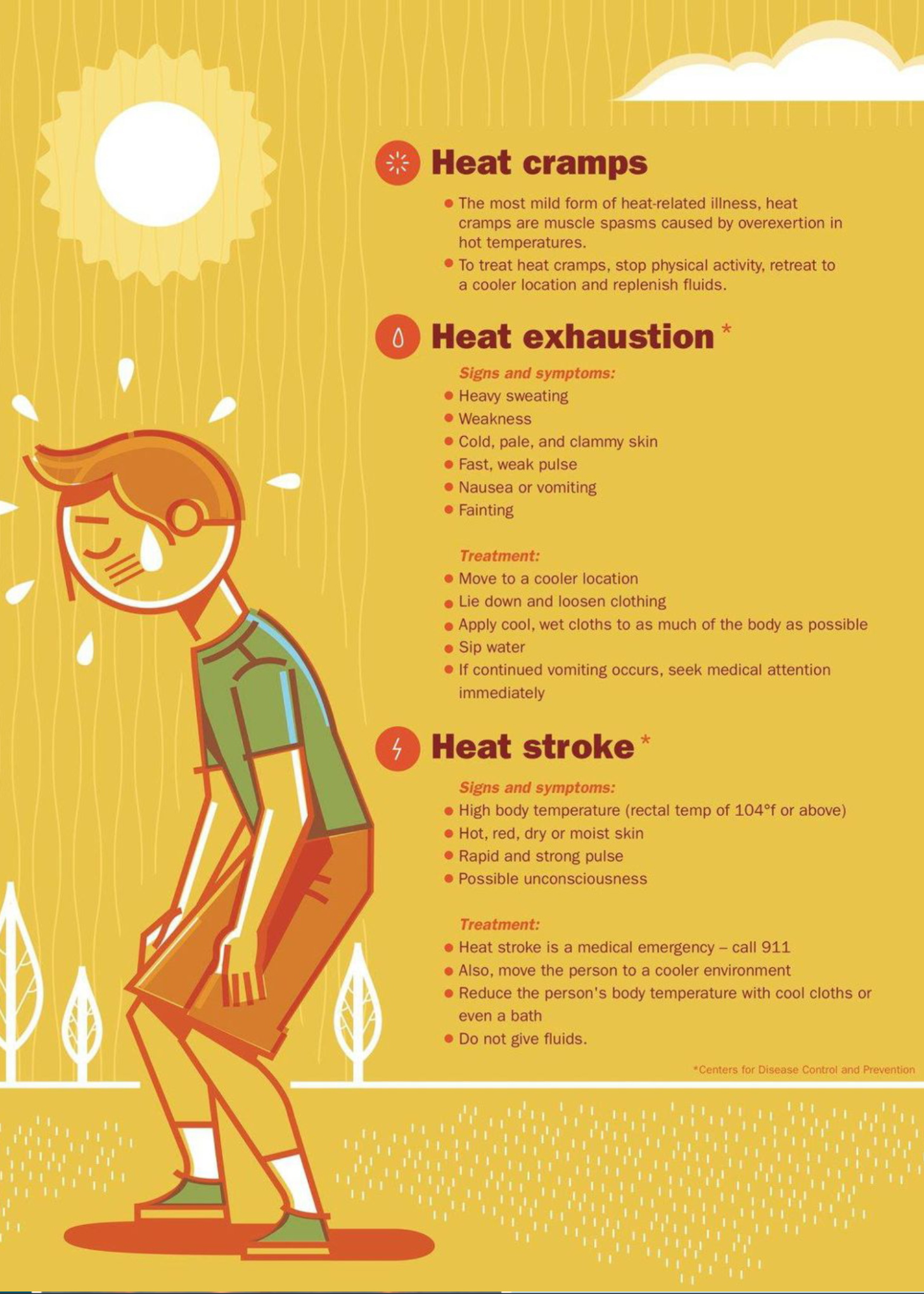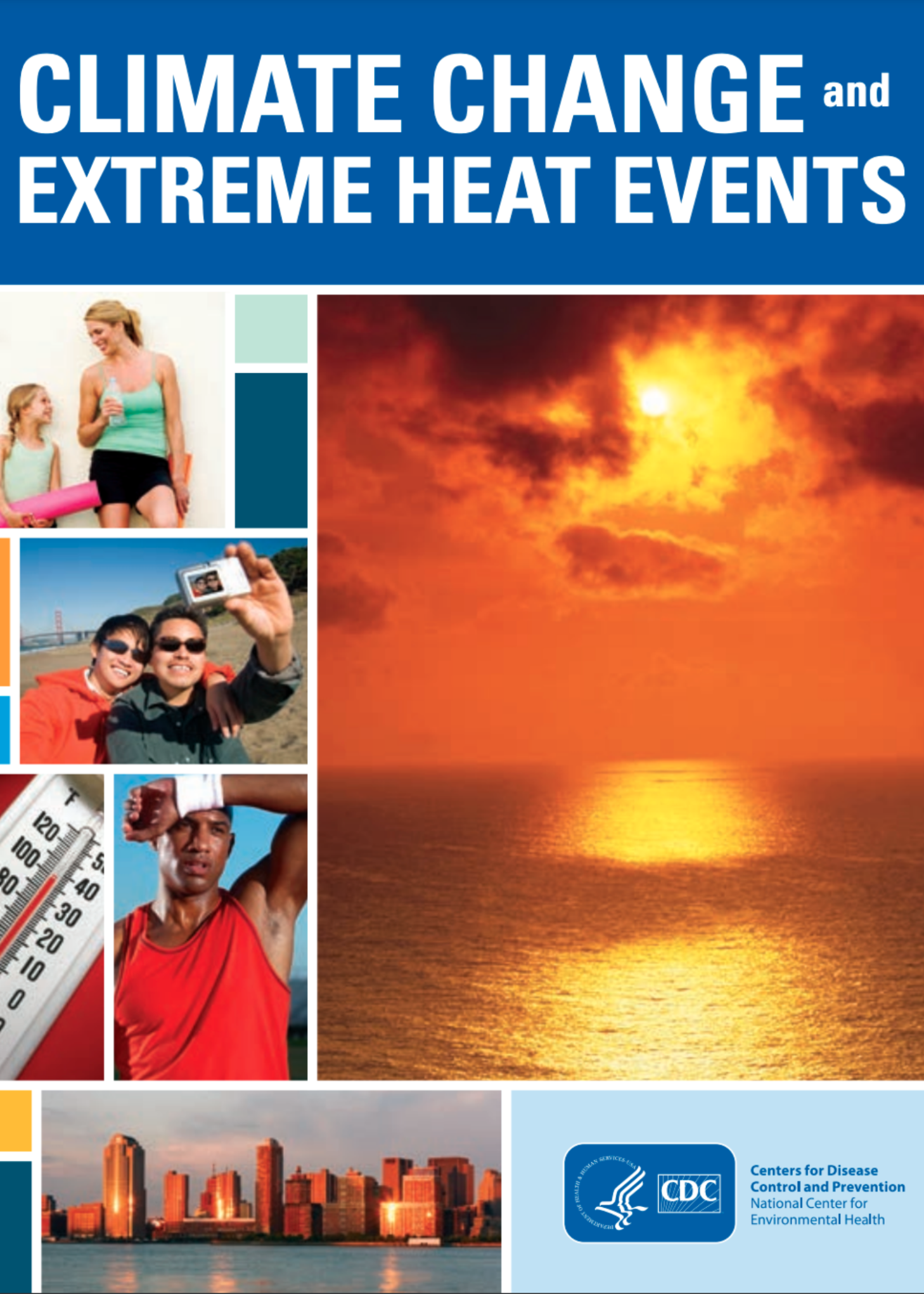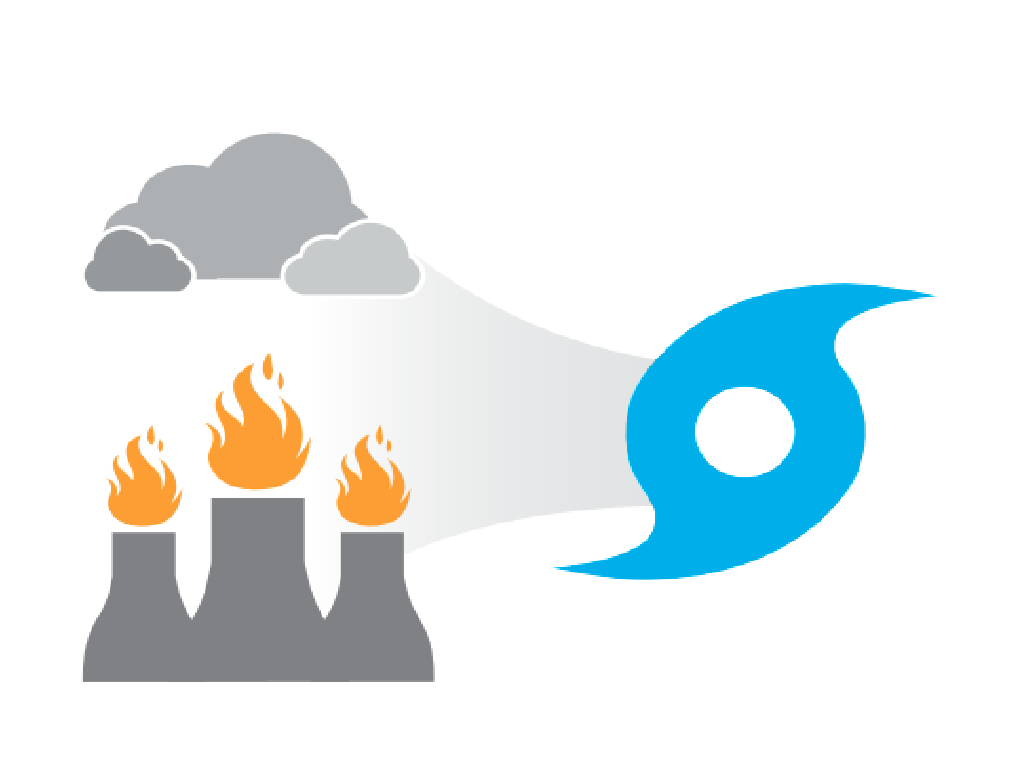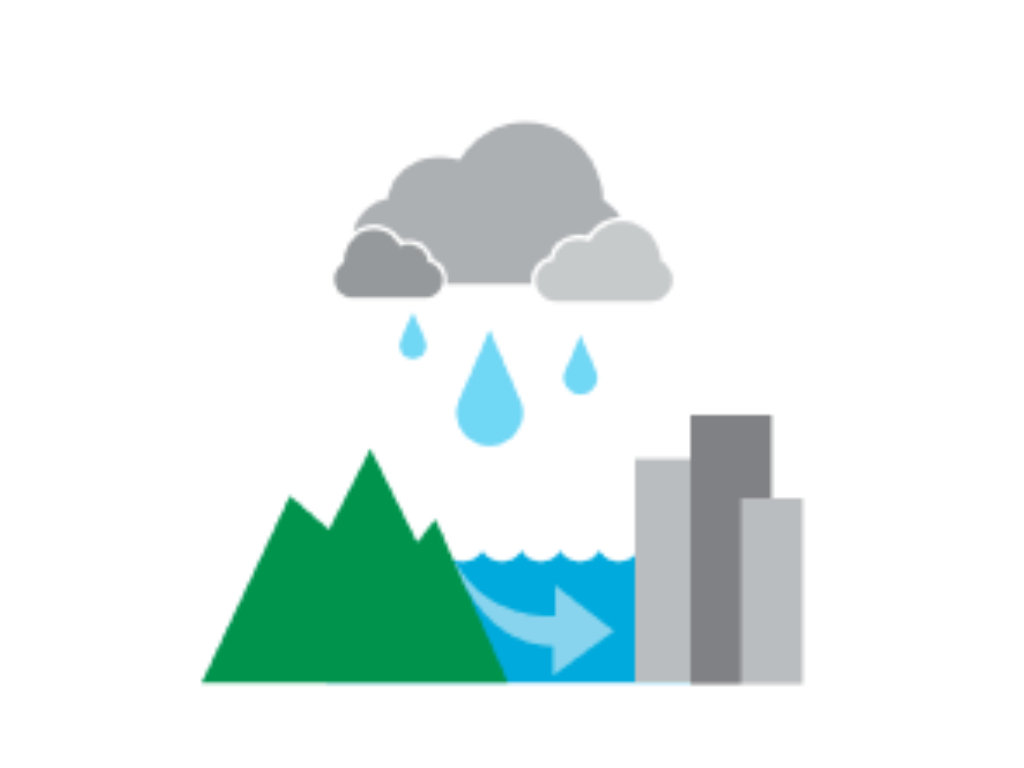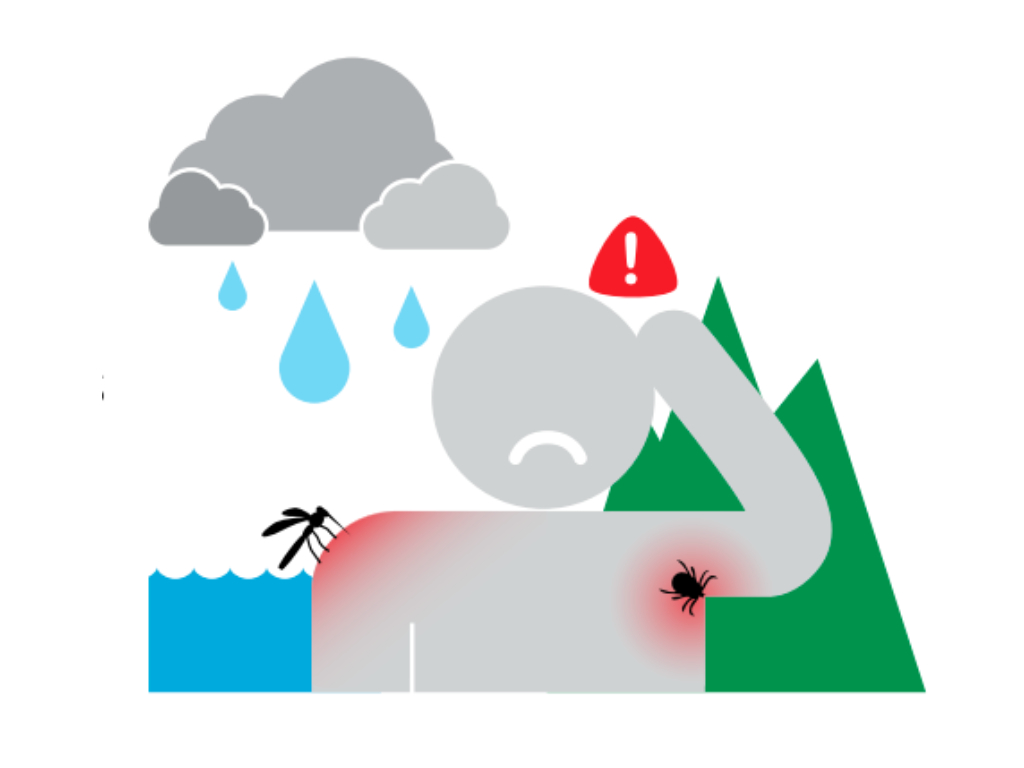Publications & Resources

- Data &
Tools - CDC Guidance & Trainings
- CDC Climate & Health Program
- APHA & CDC Webinars
- External
Resources
Data & Tools

CDC Environmental Public Health Tracking Network (Climate Portal) uses data from many sources to track the effects of climate change. While there are a number of indicators related to climate change, the Tracking Network is focusing on extreme heat to better evaluate the number of heat-related deaths at the national level, while allowing for comparisons across states. These comparisons can help local communities design interventions and better understand the possible health effects and risks to specific groups of people.
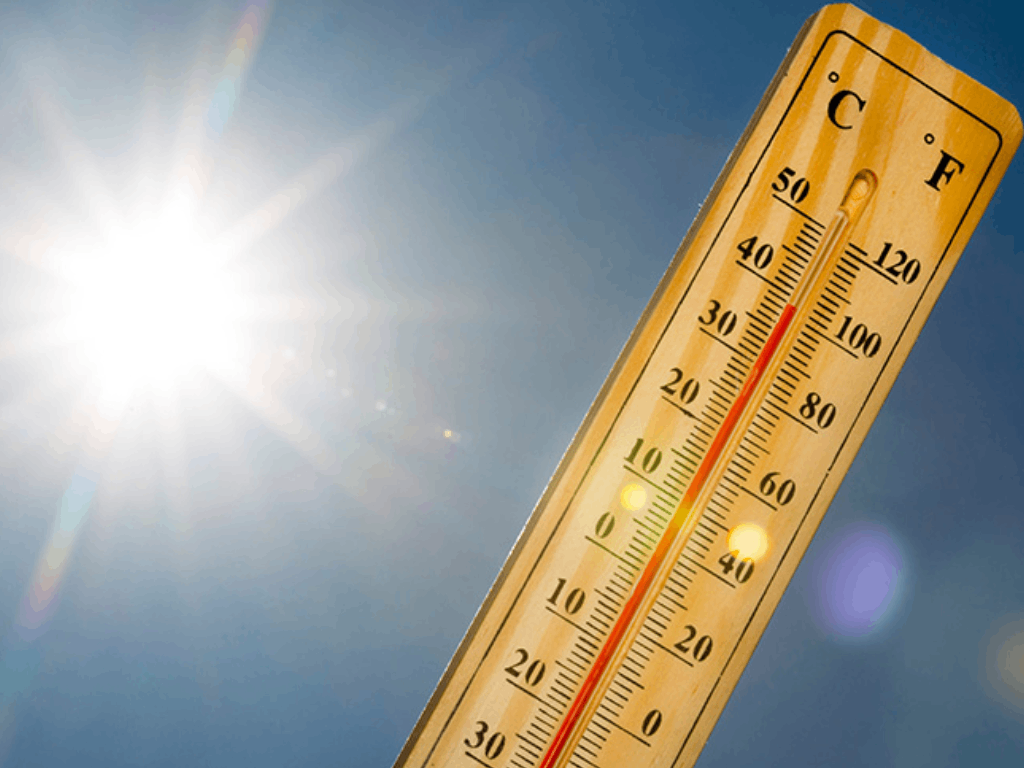
CDC Extreme Heat Media Toolkit provides easily accessible media resources for members of the public, local health departments, and other organizations, assisting ongoing outreach efforts to those most vulnerable to extreme heat events. This includes the CDC Heat & Health Tracker. The Robert Wood Johnson Foundation and the University of Wisconsin released the 2017 County Health Rankings Toolkit, allowing public health professionals to help counties take action to improve health outcomes. This year’s data include common points of interest such as child poverty, income inequality, access to dentists and primary care physicians, preventable hospital stays, access to healthy foods and environmental factors. The spotlight for 2017 is an analysis of recent rises in premature deaths.
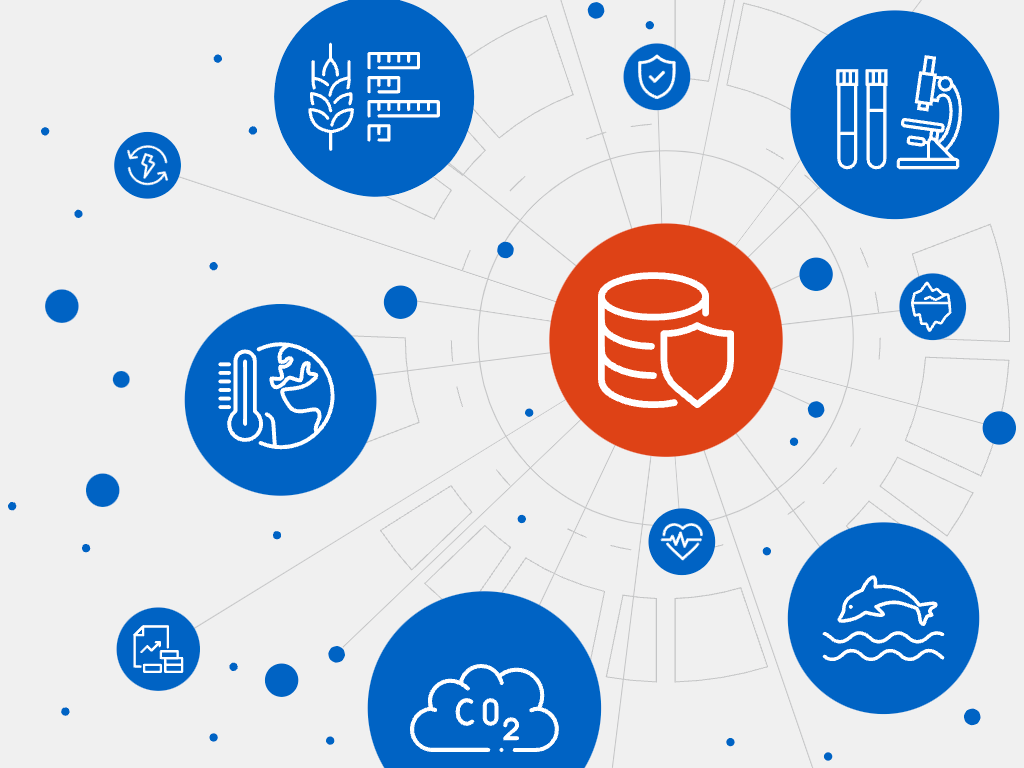
US Government Open Data – Climate has data related to climate change that can help inform and prepare America’s communities, businesses, and citizens. Initially, in this pilot phase, you can find data and resources related to coastal flooding, food resilience, water and ecosystem vulnerability. Over time, you will be able to find additional data and tools relevant to other important climate-related impacts, including risks to human health, and energy infrastructure. Please share your feedback.

US Climate Resilience Toolkit provides resources and a framework for understanding and addressing the climate issues that impact people and their communities.

The Fifth National Climate Assessment (NCA5) Interactive Atlas builds on successful approaches developed through previous assessments and provides data access for custom analysis and mapping.

The CDC Heat & Health Tracker provides local heat and health information so communities can better prepare for and respond to extreme heat events.
The Environmental Public Health Tracking (EPHT) web portal is part of a national network created in cooperation with the Centers for Disease Control and Prevention (CDC) to provide health, exposure, environmental hazard data and information that communities can use to improve their health.
CDC Guidance and Trainings
One goal of the climate change program at the Centers for Disease Control and Prevention (CDC) is helping to develop a national public health workforce that can research and address the effects of climate change on human health. This includes workforce development within CDC as well as external development through training, research funding, fellowships, internships, and partnerships with diverse stakeholders. An educated workforce will help to ensure the capacity exists within the public health sector to research and address the anticipated health impacts of climate change. Below are descriptions and specific examples of some of the mechanisms CDC’s Climate and Health Program is using to promote this goal.
CDC Climate-Ready States and Cities Initiative Concept Papers
CDC BRACE Technical Report Series
CDC Climate and Health Program
These documents were developed by the CDC Climate and Health Program, in collaboration with the APHA, as an overview of how different aspects of climate change can impact human health. Each document explains the climate-health connection of each threat, as well as actions that can be taken to prepare for future climate change and steps to safeguard public health. Learn more about the CDC’s Climate and Health Program at www.cdc.gov/climateandhealth.
APHA and CDC Climate & Health Webinars
The Climate and Health Webinars present public health leaders’ accomplishments, challenges and promising opportunities around climate change and public health policy and practice. These webinars provide assistance to state and local health departments to conduct analytic and programmatic activities aimed at reducing the health consequences of climate change and variability, and to develop public health adaptation strategies. Below are select webinars. Access the full list through the CDC website.
For additional "climate and health" publications, visit: https://www.cdc.gov/climate-health/php/resources/index.html

